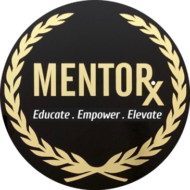MENTORx SCHOOL OF LEARNING
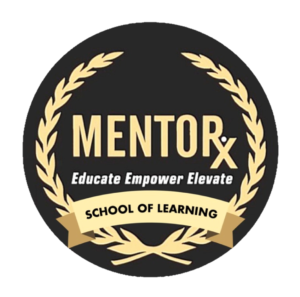
The MENTORx School of Learning is a global organisation specialising in international cultural and educational opportunities. We build connections, understanding, and trust between people around the globe through skills, education, and technology.
We work directly and handhold students, individuals in specific domain areas to bring in transformation in their lives, we liason projects with governments, other institutions, and global players partners to make a bigger difference for the longer term, creating benefits for millions of people all over the world. We help young people to gain the skills, confidence, and connections they are looking for to realise their potential and to participate in strong and inclusive communities. We support them to educate, empower and elevate to get high standards for living by gaining good values with education and internationally recognised qualifications.
Our work in Lifeskills, Futuristic Technologies, Entrepreneurship stimulates a creative environment for our mentees. We connect our learners with the world and the best of the world with our learners. These connections lead to an understanding of each other’s strengths and of the challenges and values that we share. This builds trust between learners and mentors in different nations which endures even when official relations may be strained.
We work on the ground in more than 65 countries. MENTORx has conducted more than 2000 workshops on over 300+ topics and touched the lives of 2 million people across the globe. MENTORx has trained widely diversified people like CEOs, CTOs, Executives, Youth, Teachers, Principals, Professors, Lecturers, Educators, Doctors, Lawyers, Academicians, Women, Parents, Entrepreneurs, and Students. MENTORx has certified more than 1000 corporate trainers through train the trainer programs, with the aim of equipping faculty members with required skills and knowledge. We touched millions of people directly or online through our modules.
MENTORx SOL - Faculty Members

Dr. Sangeeta
Principal
MENTORx School of Learning
Dr. Sangeeta, Principal of MENTORx School of Learning, is a person who is always on the move and passionate about her work and belief in youth strength, Dr. Sangeeta also associates with organizations and awareness programs. As an educationist she is always open to share her knowledge and experiences to elevate the youth of today. Being the Principal of MENTORx School of Learning she is empowering students with conducting multiple workshops for Strategic Design Thinking and Architecture, Entrepreneurial & Leadership Skills. She is using her knowledge of design principles to educate her students, clients and upcoming designers, which give her uniqueness of being a Natural educator to teach and lecture courses with the related program with expertise in one or more of the following: organizing systems, spatial planning concepts, construction documents, sustainability and other wide range of topics.
In addition to teaching and research, she is committed to devote non-teaching hours to advising and providing other support services to students/educators, primarily career mentorship and placement. She has helped the masses in Projects in planning and controlling which including Design Thinking and Labour laws sessions as well for the grass root working community for their betterment.
Dr. Sangeeta has been honored with ‘Swami Vivekananda Changemaker Award’ in 2021, ‘Dr. Sarvepalli Radhakrishnan Award” in 2020 and “Seed of Knowledge Award” in 2020. Dr. Sangeeta has received an honor with Acharya Chanakya Shikshavid Samman 2020. attempted and honored for official attempt for World book of Records – UK and honored with “APJ Abdul Kalam Award” and “Jagatguru – Shree Krishna Samman – 2020”. She is and Executive Member of Global EDU Leaders Forum, NCR-India and the Member of Writers Association of India.
MENTORx SOL - Life Skills Course
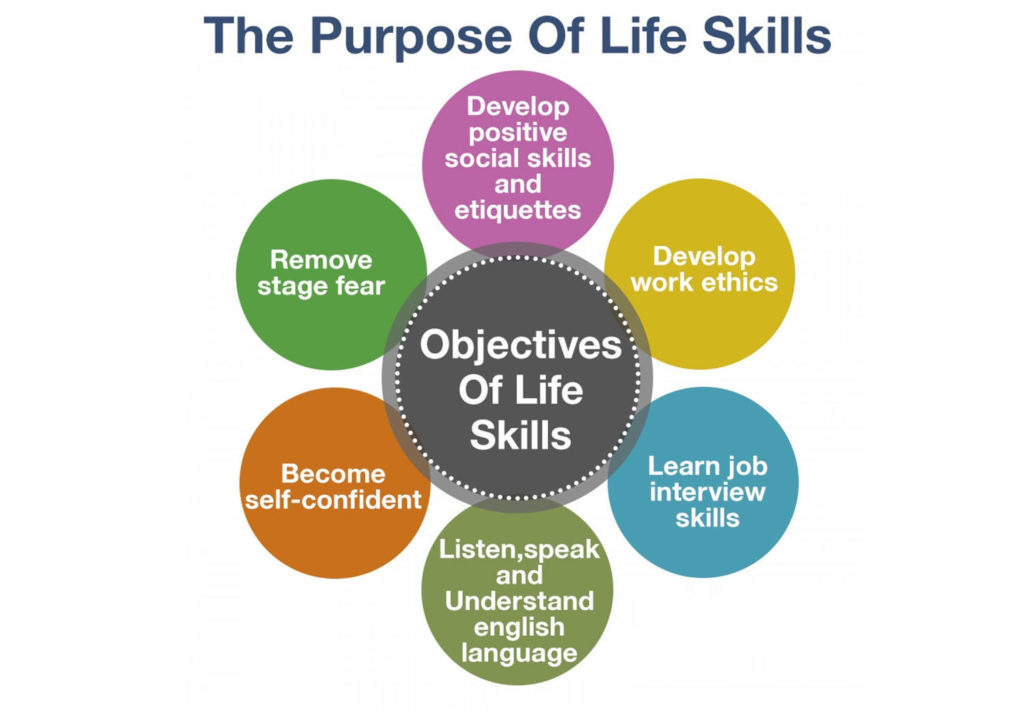
MENTORx SOL – Life Skill Course –
Refers to an interactive process of teaching and learning which enables learners to acquire knowledge and to develop attitudes and skills which support the adoption of healthy behaviors.
Mastering essential life skills can allow you to more effectively manage common challenges that come up at work and even position you for more rapid advancement or pay increases.
Life skills are any skills you need to manage the activities and challenges of everyday life effectively. Mastery and development of these skills can improve all areas of your life, from your work to your relationships.
They allow you to handle almost everything better, from processing your emotions more effectively to interacting with others. Necessary life skills can vary according to a person’s age or even their culture.
How MxSOL Implement Life Skills:
- Assessment
- Make a Plan
- Get Materials
- Take Actions Together
- Evaluate
- Feedback
- Take Actions
- Repeat
Course layout
Month 1
1 : Module 1- Introduction to Life Skills and life Skills Education
2 : Module 2 -Conceptual Basis of Life Skills: Definition, Need and significance.
3 : Module 3 -Evolution and Development of the Concept of Life Skill Education
4 : Discussion
5 : Assignments
Month2
1 : Module 4 – Important Reports and Declarations related to Life Skill Education
2 : Module 5 – Contributions of Various International organizations to life skill education
3 : Module 6 – Classification of Life Skills – Generic, Problem Specific and Area Specific Skills
4 : Discussion
5 : Assignments
Month 3
1 : Module 7- Life Skills Approach in Education and Training
2 : Module 8 – Theoretical Foundations of Life Skills : Social Learning
3 : Module 9 – Problem- Behavior
4 : Discussion
5 : Assignments
Month 4
1 : Module 10 – Social Influencing skills
2 : Module 11- Core Life Skills: Social & Negotiation Skills
3 : Module 12- Self-Awareness – Definition, Importance, Dimensions, Components
4 : Discussion
5 : Assignments
Month 5
1 : Module 13 – Methods and Strategies for nurturing Self-Awareness
2 : Module14 – Exploration, SWOT Analysis
3 : Module15 – Empathy: Sympathy, Empathy & Altruism
4 : Discussion
5 : Assignments
Month 6
1 : Module16 – Effective Communication: Assertiveness, Effective Listening, Negotiation Techniques & Process, Barriers of Communication, Presentation Skills
2 : Module 17 – Interpersonal Relationship: Definition, Factors Affecting Relationships
3 : Module 18-Thinking Skills: Critical Thinking: Analytical Thinking, Strategies to enhance Critical Thinking
4 : Discussion
5 : Assignments
Month7
1 : Module 19 – Creative Thinking: Out-of-the box thinking, Stages of Creative Thinking, Factors hindering creative thinking, Characteristics of Creative thinkers
2 : Module 20 – Problem Solving: Definition, Steps in Problem Solving
3 : Module 21- Decision Making: Definition, Informed Decision Making, Consequences of Decision Making and Models of Decision Making
4 : Discussion
5 : Assignments
Month 8
1 : Module 22 – Coping with Emotions: Basic Emotions, Models of emotion
2 : Module 23 – Coping with Stress: Definition, Types, Sources of Stress, Strategies to Manage Stress
3 : Module 24 – Life skills work in combination- thinking skills, social skills, and coping skills
4 : Discussion
5 : Assignments
Month 9
1 : Module 25 – Life Skills for Personal Effectiveness
2 : Module 26 -Values: Punctuality, Honesty, Loyalty, Dependability, Reliability
3 : Module 27-Skill of building Self-confidence and Self-Motivation
4 : Discussion
5 : Assignments
Month 10
1 : Module 28 – Skill of goal Setting: Types, Steps, Personal vision and goal
2 : Module 29 -Skill of time management
3 : Module 30 -Study Skills and Memory Techniques
4 : Discussion
5 : Assignments
Month 11
1 : Module 31- Skill to Overcome Eating Disorders and obesity, Skills to holistic living.
2 : Module 32 – Application of Life Skills in – to- life
3 : Module 33 – Concept and strategies to promote Area Specific Skills
4 : Discussion
5 : Assignments
Month 12
1 : Module 34 – Concept and strategies to promote Healthy Life Style Skills
2 : Module 35 – Life Skills for Adolescents and Youth
3 : Module 36 – Life skill Education for Teachers
4 : Discussion
5 : Assignments
MENTORx SOL - Design Thinking Course
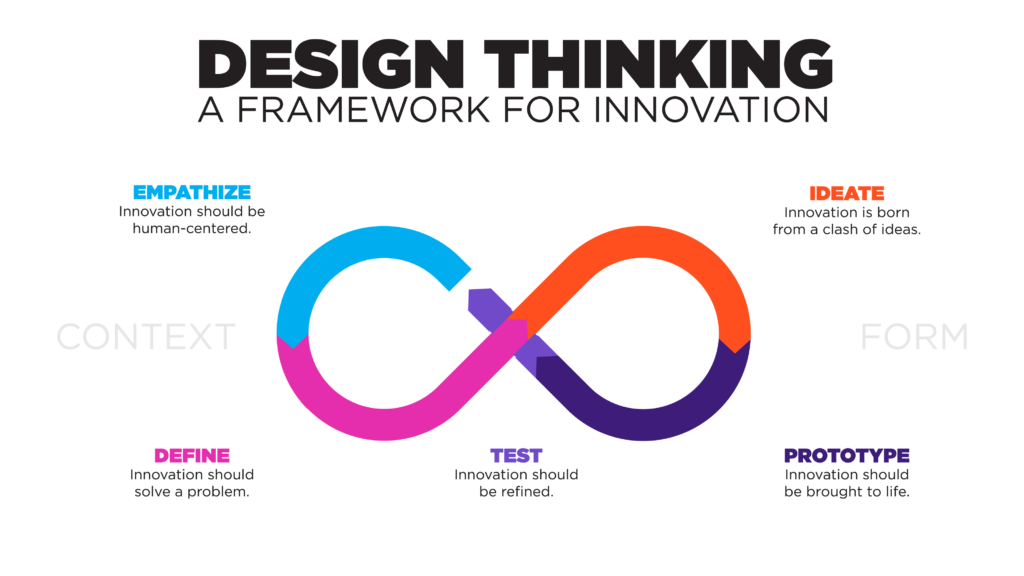
MENTORx SOL – Design Thinking Course –
Design thinking is simply a method for solving problems and discovering new opportunities using a structured creative process.
Design Thinking & Innovation Management to equip learners to build a systems approach to innovation in products and services. This first-of-its-kind in India programme is developed for Innovation, Venturing and Entrepreneurship at MENTORx, has its own business incubators globally and entrepreneurship development centre and centre of excellence, set-up with the support of numerous Top Institutions/Universities in India and aboard. Develop your ability in driving three fundamental levers of strategic importance to any business – customer-centricity (design thinking), product innovation, and building a culture of innovation.
Design thinking encourages radical thinking. Leaders who consciously adopt a design thinking approach are more capable of questioning surface assumptions, asking difficult questions of themselves and others and taking more expansive and creative views of the problems facing them. Design thinking also pushes leaders to take a look at all the parties involved in the complex network of people and systems. It enables deeper stakeholder understanding through a deliberate focus on adopting an empathetic mindset. Design thinking empowers leaders to leverage non-obvious resources available to them through their network of connected stakeholders in creative ways. Finally design thinking gives leaders a structured and systematic way to build a culture of innovation within their organizations.
Career Benefits
1. Evolve your ability to understand users, define problems, and create solutions to prototype and test.
2. Develop your skills to challenge assumptions, redefine problems, and develop innovative solutions.
3. Enhance problem-solving techniques along with decision making. Achieve eligibility for better job opportunities and connect with exclusive networks to grow your career in the field of Design Thinking.
4. Make yourself available with a specialization in the Design Thinking for higher positions
5. Contribute to a non-linear, iterative process to tackle problems in various processes wthin an organization
6. Acquire organizational growth or key job roles with Design Thinking skills such as Design Entrepreneur, Hybrid Design Researcher, Business Designer, etc.
7. Upgrade your CV with CDTP credentials and get professional recognition
8. Become a qualified professional after completing the immersive Design Thinking Course
Learning Benefits
1. Understand the 5-phase methodology improvement cycle that is at the core of Design Thinking techniques and tools
2. Analyze and control business problems using Design Thinking tools such as Empathize, Define, Ideate, Prototype, and Test.
3. Learn to solve the problems in human-centric ways and find innovative solutions
4. Derive invaluable insights into your business by focusing on empathy, expansive thinking, and experimentation.
5. Master the skill of adopting a structured approach for solving business challenges of all types and to improve consumer experience with skill set imbibed during Design Thinking Course
6. Understand emerging technologies that can assist you to focus on Design Thinking for the growth of the organization
7. Gain expertise in the real-time application of the core Design Thinking principles and concepts
8. Acquire skills of problem-solving, critical thinking, creativity, leadership, collaboration, and communication to be successful in Design Thinking.
9. Learn to increase sales of your products or services and improve market position of your business
Course Layout
- Introduction to Design Thinking
- Why is Design Thinking Important?
- How to get started with Design Thinking
- Prime Applications of Design Thinking
- Limitations of current frameworks
- AI & Innovation Scenario
- Traditional models vis-à-vis design in context to AI
- From generalized thinking to specialized thinking & computational power
- AI empowered designs & applications
- Expanding human intelligence – Design Thinking & AI
- Applications of AI in architecture, engineering and construction industry.
MENTORx SOL - Chartered Accountancy Course
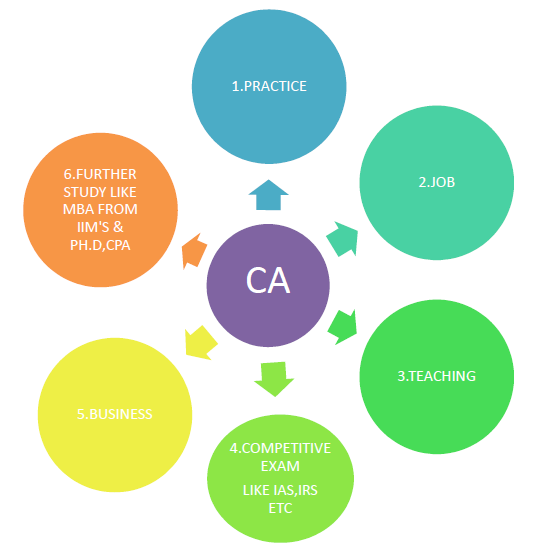
MENTORx SOL – CA Course –
Chartered Accountants are regarded as one of the highest paying career professionals in India. Chartered Accountancy is a good career option if you are interested in subjects like taxation and accounting. The career path to becoming a Chartered Account (CA) is challenging but very promising as well. The entire Chartered Accountancy course duration is almost 5 years. Therefore, if you are willing to take up a career as a Chartered Accountant, you will have to be prepared to devote that much time to your education.
There is a good demand for Chartered Accountancy professionals in India within private as well as public organizations. A qualified CA is hired to deal with the account details of an organization. They also help in solving disputes and preventing bankruptcy.
Chartered Accountant is a designation that is given to a professional of accounting who has received certification from a statutory body that states he/ she possesses the necessary qualifications to take care of the matters related to accounting and taxation of a business. These matters include file tax returns, maintaining records of investments, audit financial statements and business practices, preparing and reviewing financial documents and reports. A Chartered Accountant is also qualified and capable of offering advisory services to clients that comprise companies and individuals.
Chartered Accountancy Course Details and CA Exams
CPT (Common Proficiency Test)
IPCC (Integrated Professional Competence Course)
FC (Final course)
Career Benefits
